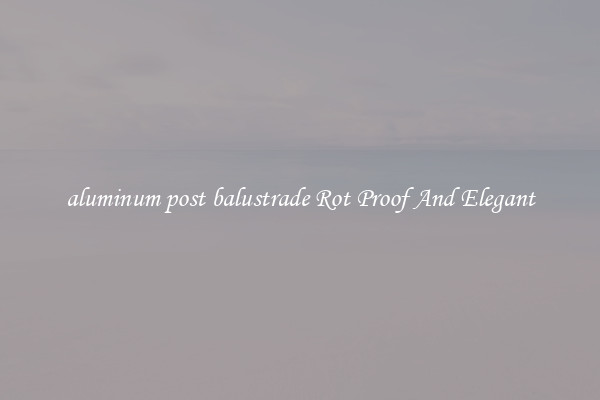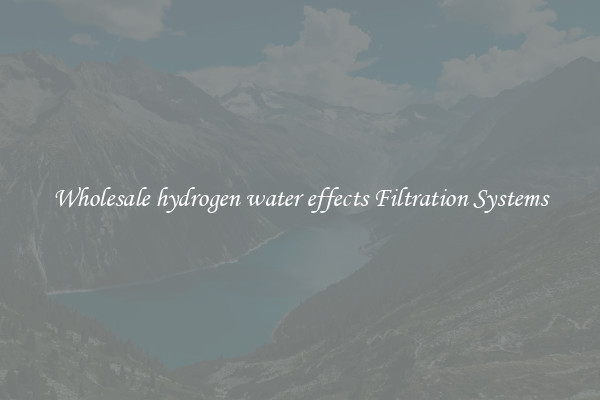Wholesale energy tamper proof For Leakage And Contaminants Prevention
Wholesale energy providers play a crucial role in ensuring a stable and reliable energy supply to consumers. However, one of the major challenges they face is preventing leakage and contaminants from compromising the quality and integrity of the energy being distributed. In order to address this issue, wholesale energy providers are increasingly adopting tamper-proof technologies and practices. These measures are designed to detect and deter any unauthorized access or tampering with energy infrastructure.

Leakage is a significant concern for wholesale energy providers as it can result in significant losses and decrease the overall efficiency of the energy distribution system. Leakage can occur due to various reasons such as faulty pipes, valves, or connections. It not only leads to financial losses but also poses environmental and safety risks. Tamper-proof technologies can help identify and rectify such leaks quickly and prevent their occurrence in the first place.
Contaminants, including dirt, chemicals, or other impurities, can also affect the quality of energy being distributed. These contaminants can enter the energy infrastructure through various sources, such as water or air. Once inside, they can damage equipment, reduce energy efficiency, and pose health risks to consumers. Wholesale energy providers are investing in tamper-proof measures to ensure that contaminants are kept out of the distribution system.
One of the key technologies that wholesale energy providers are using is tamper-proof seals and locks. These seals are designed to prevent unauthorized access to energy infrastructure, such as meters, pipelines, or storage tanks. These seals are usually made of durable materials and are difficult to tamper with. If a seal is broken or tampered with, it indicates that there has been an attempt to access the infrastructure without authorization.
Additionally, wholesale energy providers are employing advanced monitoring systems to detect any signs of leakage or contaminants. These systems use sensors and automated algorithms to continuously monitor the energy infrastructure for any inconsistencies or abnormal conditions. Any deviation from the expected parameters can trigger an alert, prompting the provider to investigate and take immediate action to rectify the issue.
Furthermore, regular maintenance and inspection programs are essential to ensure the integrity of the energy distribution system. Wholesale energy providers conduct routine checks and tests to identify any potential weaknesses or vulnerabilities in the infrastructure. These inspections help in detecting and repairing any leaks and contamination sources before they become significant problems.
In conclusion, wholesale energy providers are taking proactive measures to prevent leakage and contaminants from compromising the quality and reliability of the energy being distributed. Tamper-proof technologies, such as seals and locks, along with advanced monitoring systems and regular inspections, play a crucial role in ensuring the integrity of the distribution system. By investing in these measures, wholesale energy providers are safeguarding the interests of both the consumer and the environment, thereby contributing to a more sustainable energy future.

View details

View details

View details

View details








